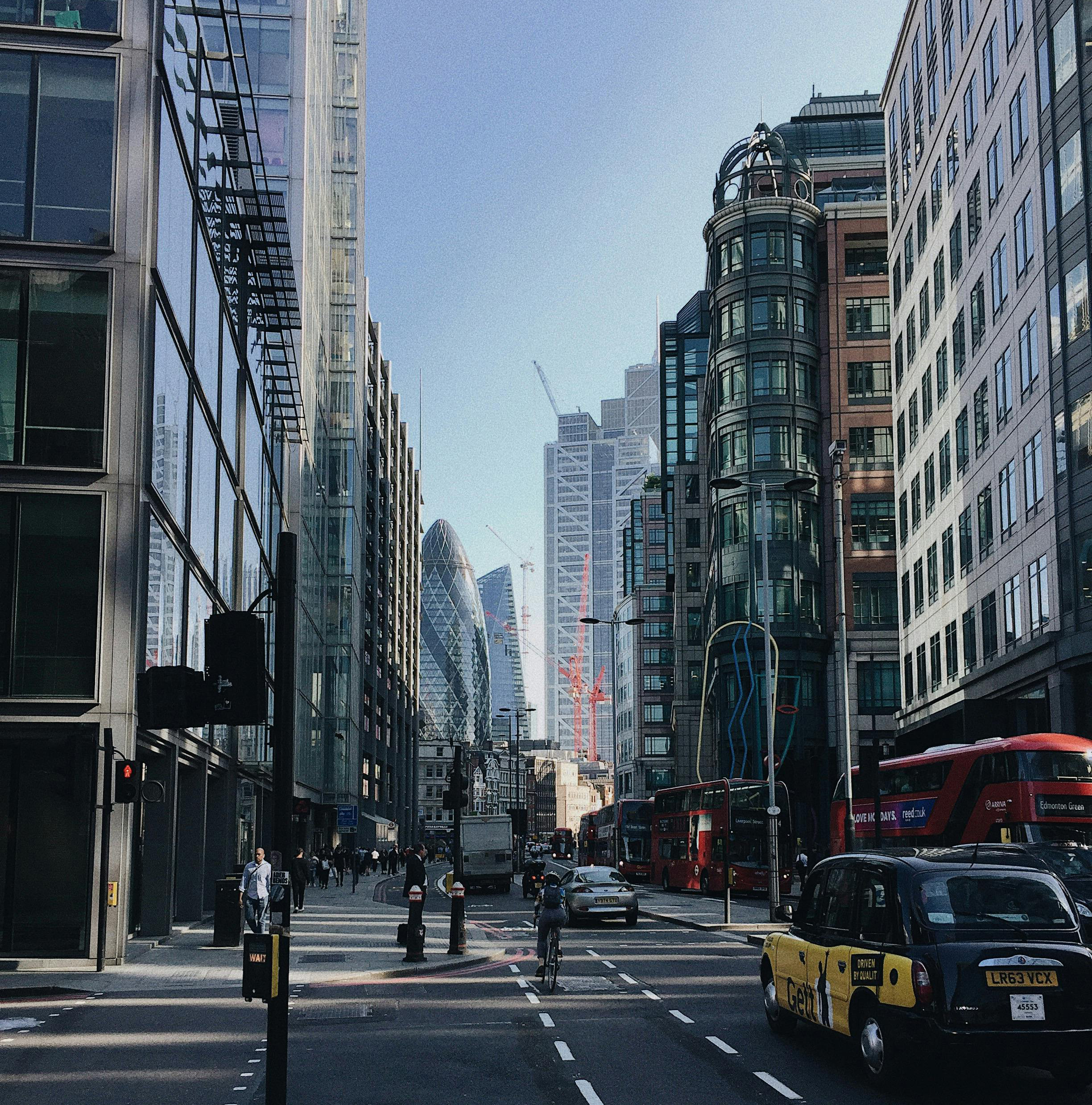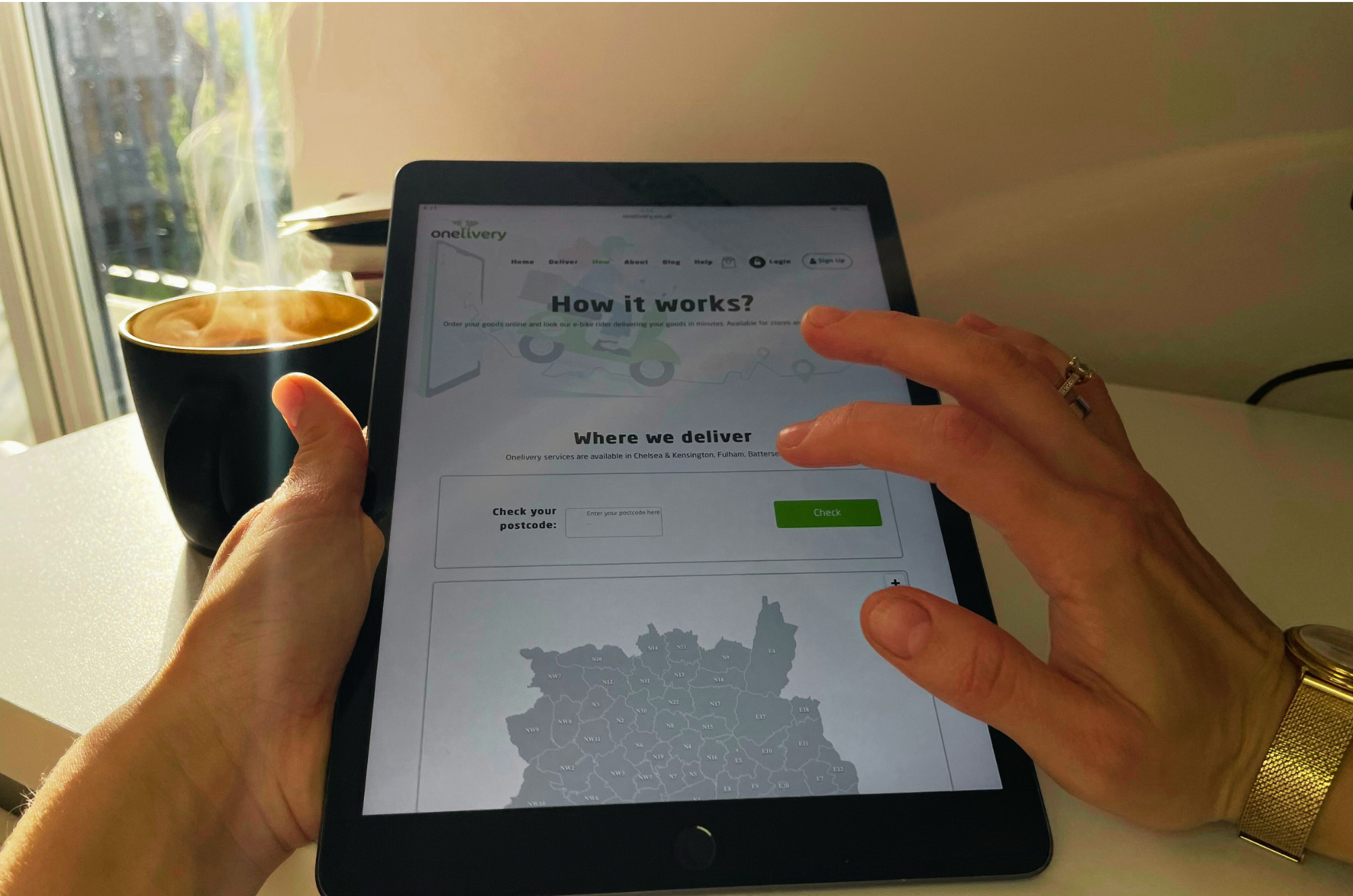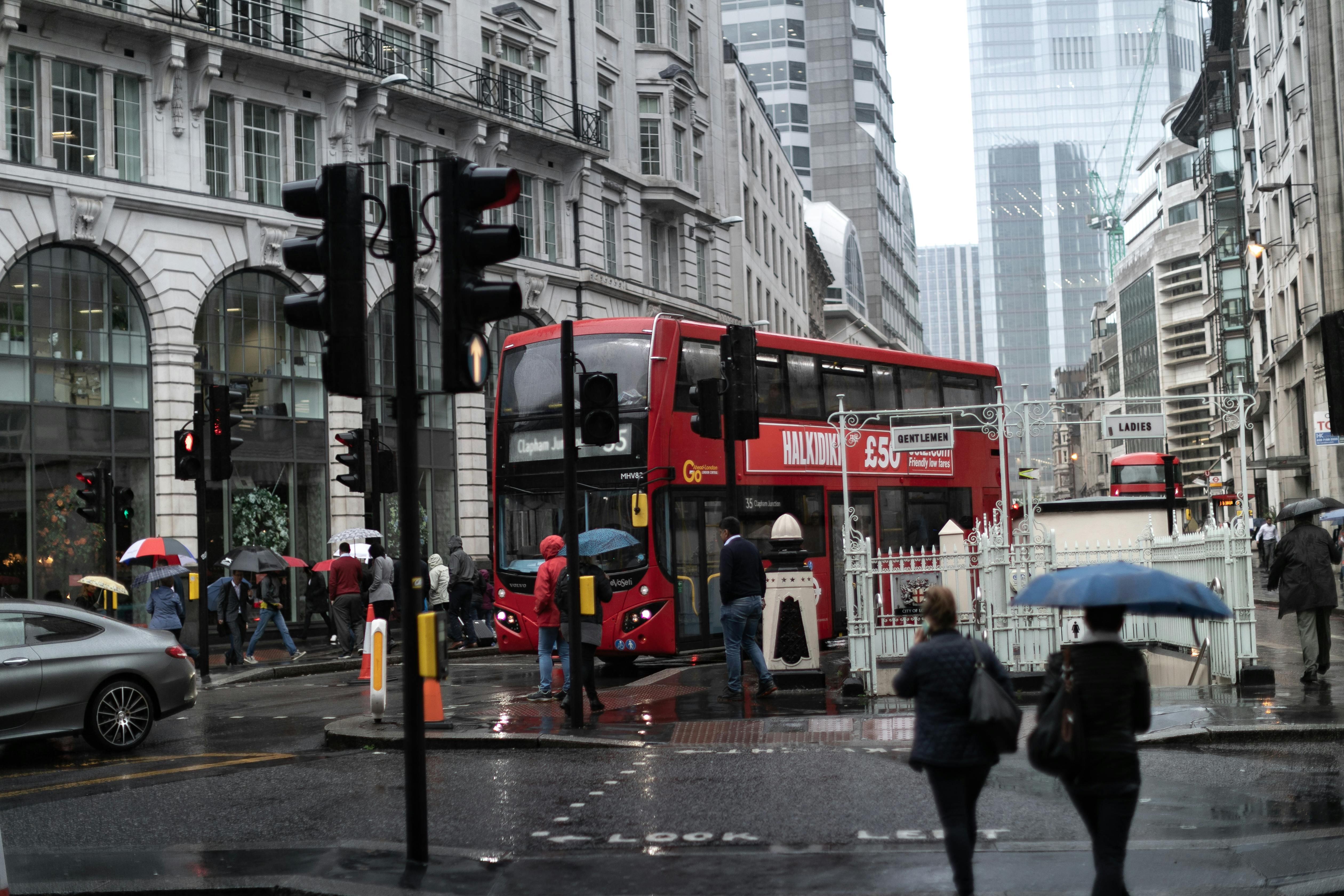Have you ever wondered how London's bustling delivery services contribute to the city's circular economy, especially for small business owners? In this post, we'll delve into the fascinating intersection of delivery services and the circular economy, highlighting how they benefit small businesses and contribute to a more sustainable future.
London's delivery services are the lifeblood of the city, ensuring that goods flow smoothly from suppliers to consumers. But did you know that they also play a vital role in promoting sustainability and reducing waste?
Fun Fact: Did you know that London's delivery vans collectively travel over 10 million miles each day, delivering goods to homes and businesses across the city?
The circular economy is all about keeping resources in use for as long as possible, extracting the maximum value from them, and then recovering and regenerating products and materials at the end of their service life. Delivery services in London are embracing this concept by implementing innovative practises that minimise waste and maximise resource efficiency.
For small business owners, London's delivery services offer a lifeline, providing access to a vast customer base without the need for a physical storefront. Whether it's a local bakery delivering fresh bread to nearby residents or an independent artist shipping handmade crafts to customers worldwide, delivery services enable small businesses to thrive in a competitive market. According to recent studies, small businesses account for over 99% of all businesses in London, making them a crucial driver of the city's economy.
But it's not just about convenience and accessibility; London's delivery services are also adopting eco-friendly practises to reduce their environmental footprint. From using electric vehicles to minimise emissions to implementing sustainable packaging solutions, delivery companies are taking proactive steps to protect the planet while serving their customers.
Fun Fact: London's congestion charge zone covers approximately 22 square kilometres, encouraging delivery companies to explore alternative modes of transport, such as bicycles and electric scooters, to navigate the city's busy streets.
By supporting local businesses and embracing sustainable practises, London's delivery services are not only contributing to the circular economy but also fostering a sense of community and environmental stewardship. As we look towards the future, let's celebrate the vital role that delivery services play in shaping London's economy and paving the way towards a greener, more inclusive city for all.
In conclusion, London's delivery services are more than just a means of transporting goods—they're enablers of economic growth, champions of sustainability, and pillars of community resilience. Through collaboration and innovation, these services are transforming the way we do business and paving the way towards a brighter future for London and beyond.









